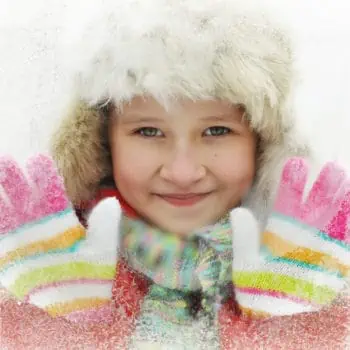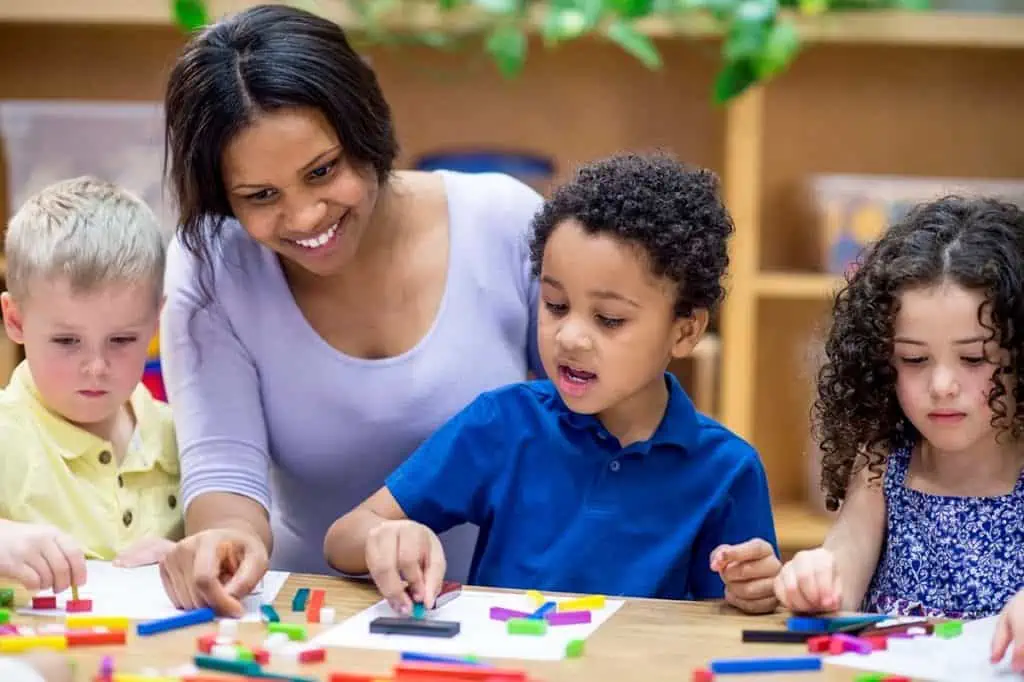Watching TV is a part of our daily routine for the majority of America. It can relax us, keeps us informed about what’s happening in the world, and is a good distraction for the kiddos when Mom needs 5 minutes to go take a shower and take a deep breath.
TV can also open up to new worlds that can refresh us from our daily lives. However, when it comes to our children, is TV watching healthy? Though there are several benefits to watching TV, there are also certain drawbacks that should be avoided – or at least taken into consideration. To help you make sure that your child can get the best out of TV watching, here are a few tips below:
- Turn off the TV when no one is watching. This will send a message to your children about the functionality of the TV, and not just something you can turn on and leave for background noise all the time.
- Watch TV with your child. Not only will it create a bonding moment for both of you, you will also know what your child is watching. That way, you can evaluate whether the show is indeed appropriate or not, and if not – explain why.
- Be in the control of the channel. You have the discre
tion to change the channel and not allow anyone to change the channel. This way, your child will know who is in authority and will follow your rules in TV watching.
- Create rules when to watch TV. Always be clear on these rules as these can affect how your child will react and seek the TV. Set rules like no watching TV during meals or when you are not around.
- Avoid using TV as a reward. This will only increase the value of TV on your children and thus think of the box as something rewarding.
- If at all possible, don’t over use the TV as a distraction or a babysitter. That box is not an alternative solution for babies who often cry. Do not make it a habit to turn on the TV just because your child needs to be entertained. Find other alternatives like reading books or playing with their toys.
- Do not add a TV in their bedroom. This will only increase their desire to test your other rules you have put into place, and distract them from things like reading, and homework.


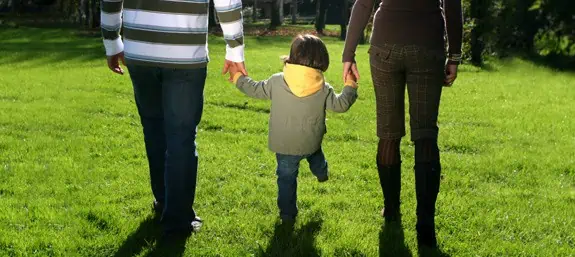 tion to change the channel and not allow anyone to change the channel. This way, your child will know who is in authority and will follow your rules in TV watching.
tion to change the channel and not allow anyone to change the channel. This way, your child will know who is in authority and will follow your rules in TV watching.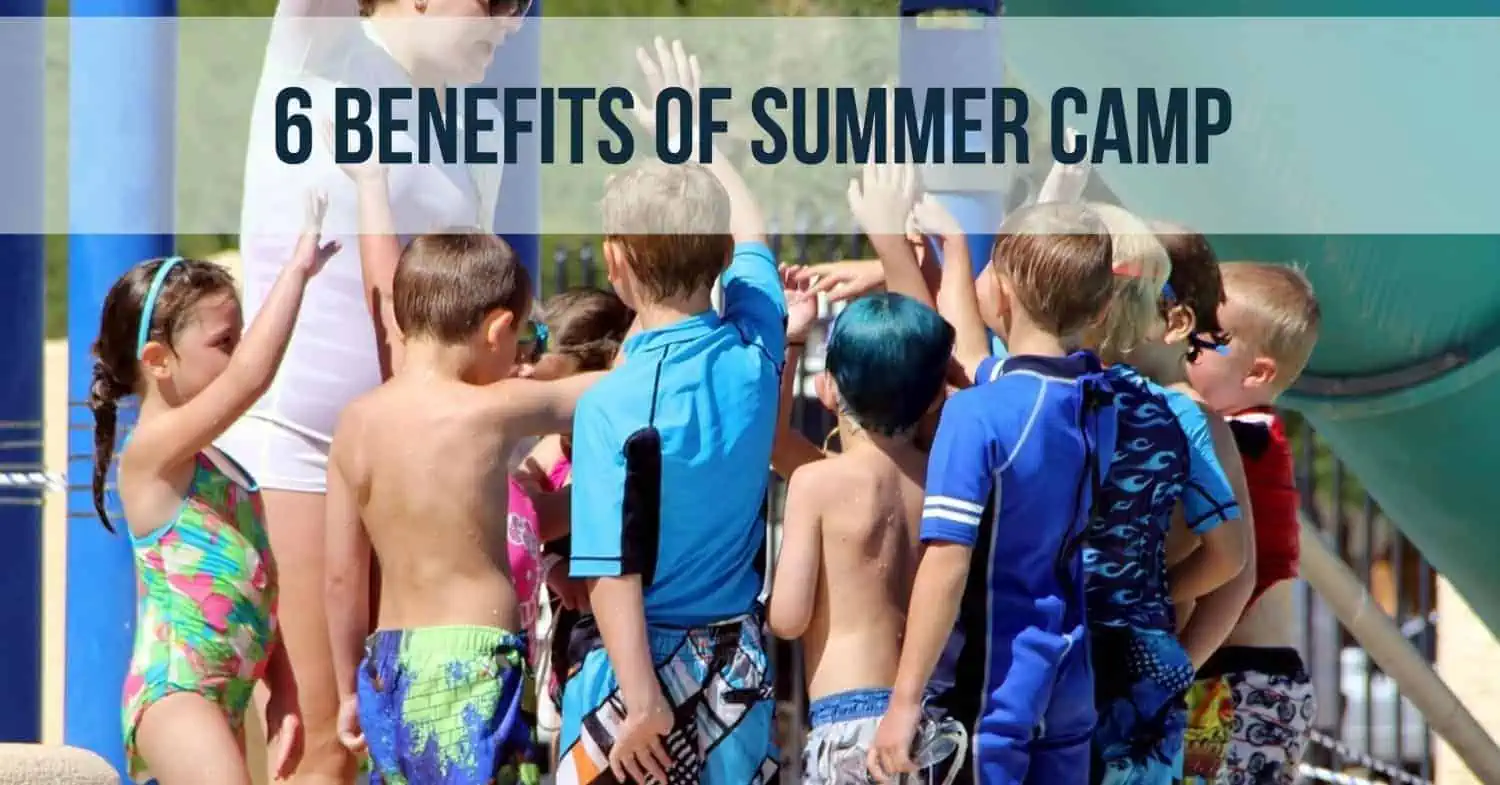
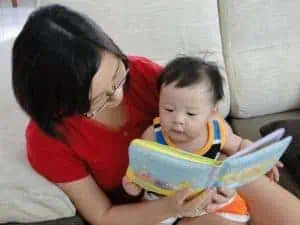 The best books for babies are made of cloth or vinyl and include large realistic photographs of familiar objects, animals, or people. As babies get old enough to imitate their favorite adult, they will attempt to turn the pages, sometimes forward and sometimes back. This is okay. The baby is learning how books work. The adult should point at pictures and name them. The baby will eventually point too, make a sound that may or may not resemble the name for the picture, and then look at the adult for reassurance. This back and forth interaction about the content of the book is the beginning of understanding that the picture symbols on the page can stand for objects in real life.
The best books for babies are made of cloth or vinyl and include large realistic photographs of familiar objects, animals, or people. As babies get old enough to imitate their favorite adult, they will attempt to turn the pages, sometimes forward and sometimes back. This is okay. The baby is learning how books work. The adult should point at pictures and name them. The baby will eventually point too, make a sound that may or may not resemble the name for the picture, and then look at the adult for reassurance. This back and forth interaction about the content of the book is the beginning of understanding that the picture symbols on the page can stand for objects in real life.